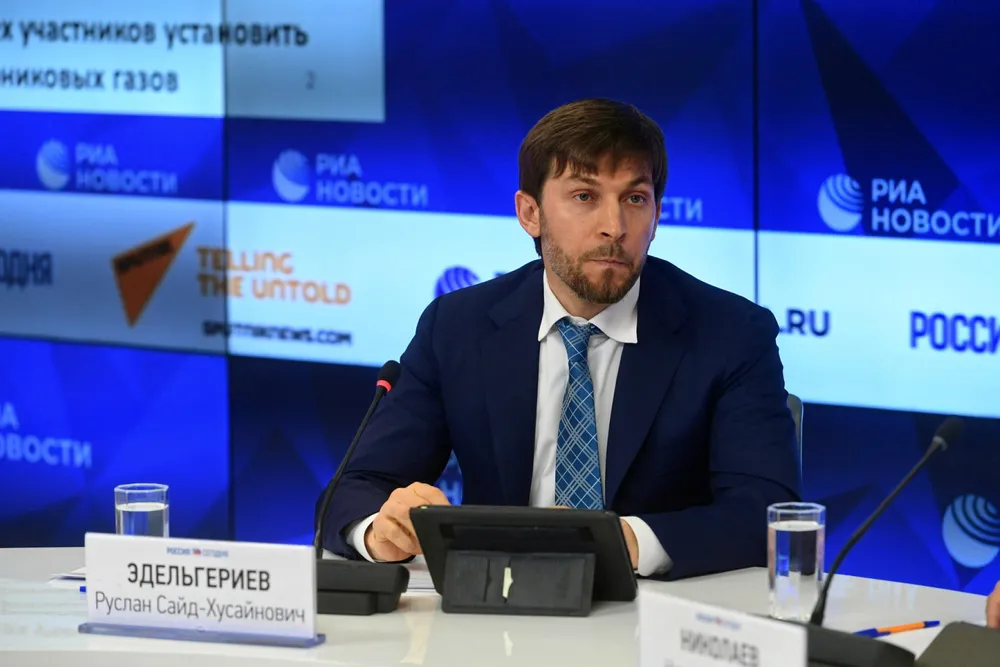Russia expects COP26 to clarify forestation and carbon trading and offset issues
Russian representatives in Glasgow call for removal of obstacles and sanctions against the country as a prerequisite for faster move towards reducing GHG emissions

Russian representatives in Glasgow call for removal of obstacles and sanctions against the country as a prerequisite for faster move towards reducing GHG emissions
